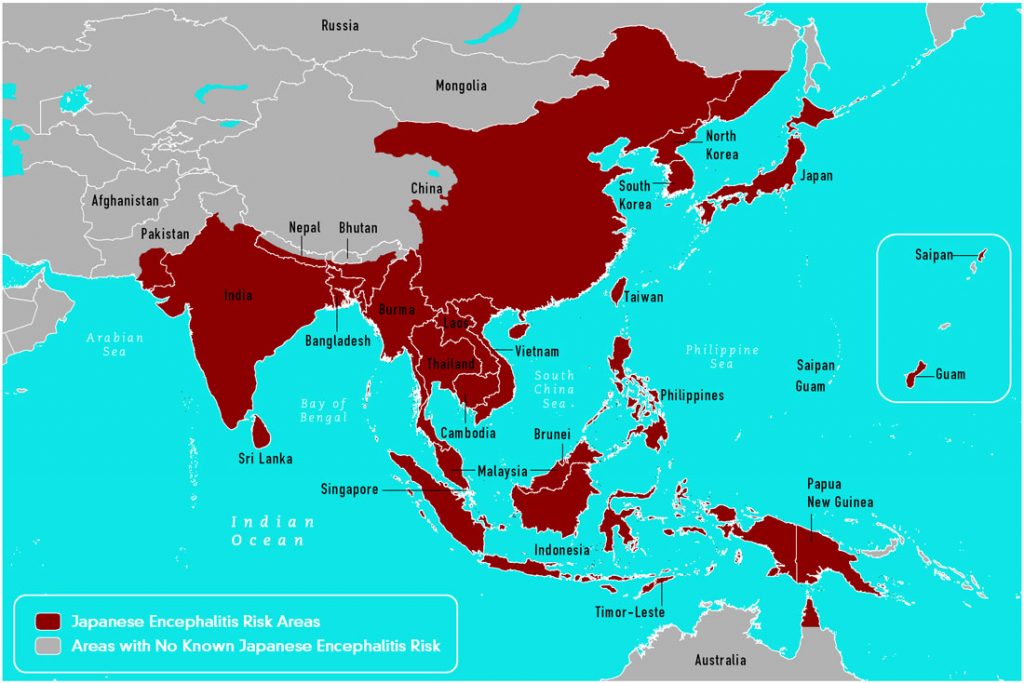The Hanoi Preventive Medicine Centre announced an additional six Japanese encephalitis (JE) cases during the past week in the city, bringing the total to nine, according to local media.

Deputy Head of Hanoi’s Health Department Hoang Duc Hanh asked the city’s Preventive Medicine Centre to step up monitoring at hospitals and in communities, to diagnose infectious cases and take action to localize and stamp out the outbreak.
Japanese encephalitis (JE) is the most important cause of viral encephalitis in Asia. About 68,000 clinical cases are reported annually. It usually occurs in rural or agricultural areas, often associated with rice farming.
JE virus is transmitted to humans through the bite of infected Culex species mosquitoes, particularly Culex tritaeniorhynchus.
Most JE virus infections are mild (fever and headache) or without apparent symptoms, but approximately 1 in 250 infections results in severe disease characterized by rapid onset of high fever, headache, neck stiffness, disorientation, coma, seizures, spastic paralysis and death. The case-fatality rate can be as high as 30% among those with disease symptoms.
There is a protective vaccine against Japanese encephalitis virus.
Related:
- U.S. Virgin Islands reports additional Zika and dengue cases
- FDA clears Xpert Carba-R Assay, detects genetic markers linked to Carbapenem resistance
- St. Louis Encephalitis positive mosquitoes sharply increased in Las Vegas area
- Zika: CDC issues travel notice for Anguilla


One thought on “Vietnam: Japanese encephalitis cases now nine in Hanoi”